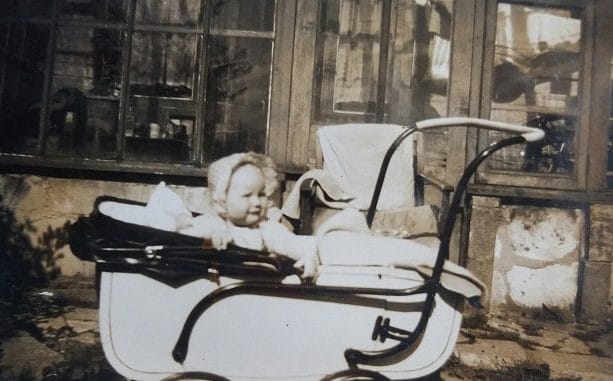
How did you spend Victory in Europe Day?
No, I don’t mean that weird affair this month when I found people around here drinking wine out on the pavement two metres apart and waving Union Jacks. I mean the real one, 75 years ago.
I was at the real one — sort of.
I was minus one month, so I was still growing toenails and maybe wondering what my new family would be like in the industrial midlands where I was due to be born.
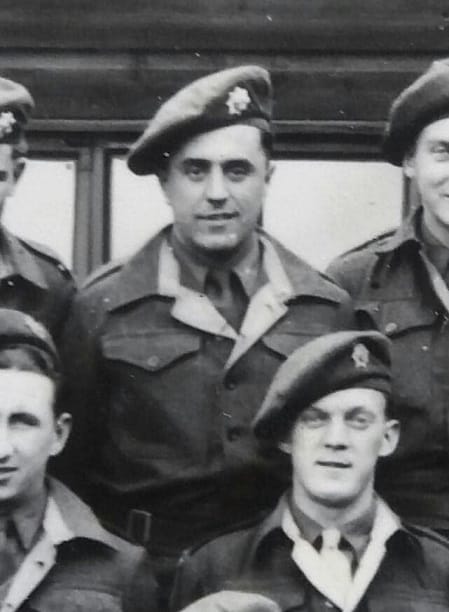
My dad was in the army. Until 1944 he was making fighter aeroplanes in a local factory, but was shanghaied into the army after he crossed some management high-up.
Aren’t I lucky I didn’t inherit his bolshie ways!
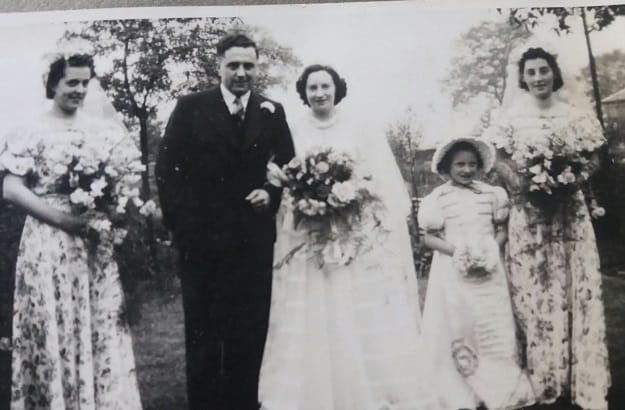
But he was lucky. He was never sent abroad. He finished up guarding German prisoners of war in Scotland, made friends with several, and was finally demobbed in 1947.
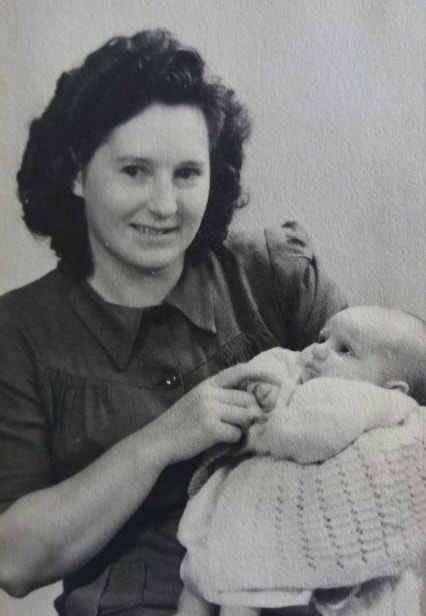
I was two when Dad came home and was pretty scared of this strange hairy man, so they say.
We went to live with my mother’s family. I have no idea how six of us and a baby fitted into a small house, but there was a terrible housing shortage at the time.
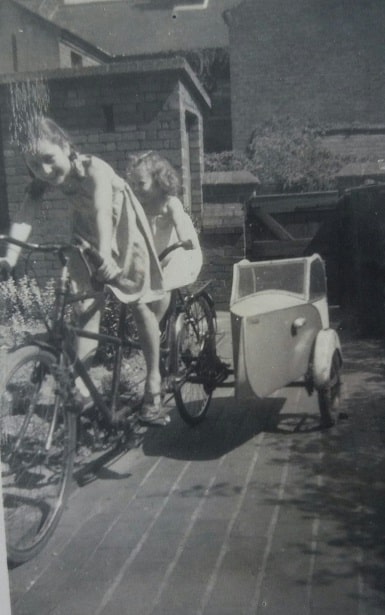
And there was no NHS at this time. I was born on Co-op insurance in a nursing home.
I never met my Auntie Peggy, my mum’s older sister. At 24 she died giving birth because she had untreated thyroid disease.
When I was three we lodged with a nice old lady called Mrs Ellis in a tiny terraced house on the railway line that took the tyres from nearby Goodyears factory to the rest of the country.
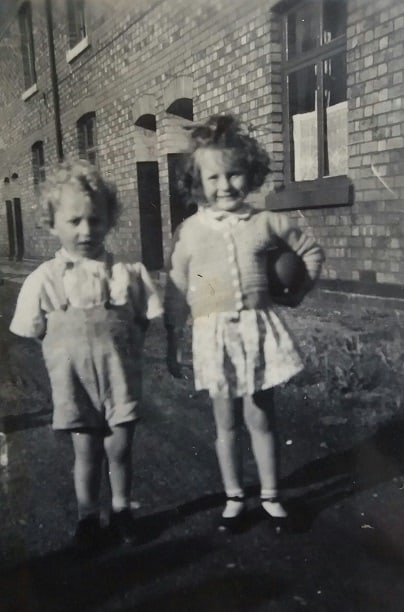
Gaslight, toilet in a shack at the bottom of the garden, zinc bath in the kitchen, a boiler on the top of the stove for washing, constant soot from the factory… We kids loved it!
My friends and I ran up and down the back alley to the tiny sweet shop on the corner and played games in the backyards. Big kids looked after the little ones.
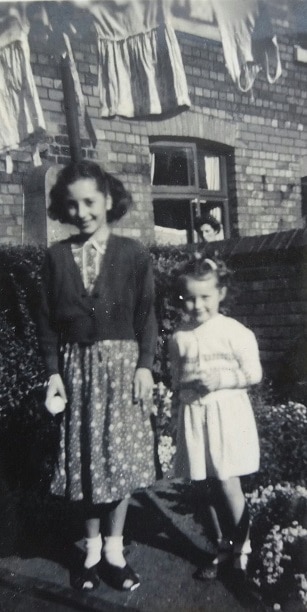
No-one had a car. Mum and Dad had a tandem bike with a sidecar for me. My mum was known for secretly not pedalling!
As I say, on the actual VE Day I wasn’t much bigger than the Coronavirus (well actually quite a bit bigger on the day) but looking back for many people it wasn’t so much victory over the Germans that they were celebrating, but a victory over bad times, over the terrible poverty of the 1930s.
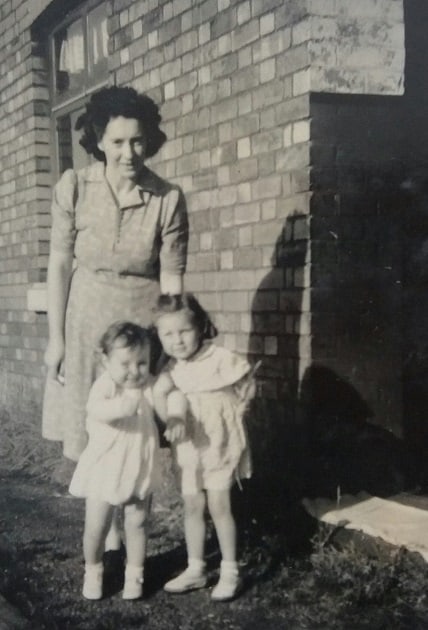
It was the realisation that after the war we could have a better, healthier, more equal society. That’s why we —to the amazement of the world — kicked out Churchill, built huge numbers of council houses, nationalised industries like the coal mines and the railways and, our crowning glory, gave birth to the National Health Service and the welfare state.
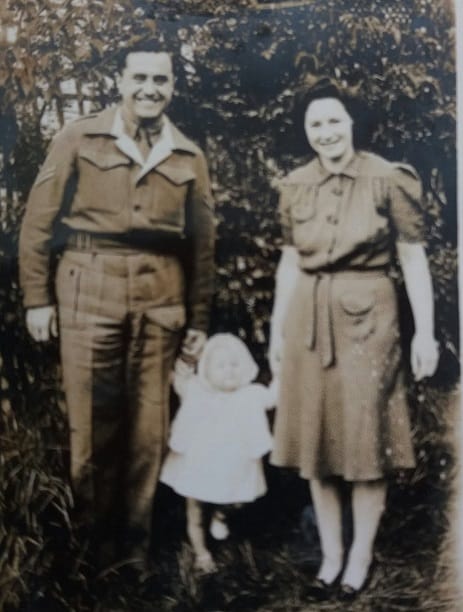
At the moment we’re going through another world war — a war with a virus.
We went into this war in a state of crippling austerity, with a run-down national health service and a crumbling welfare state and inequality everywhere. Not as bad as the 1930s, but going that way.
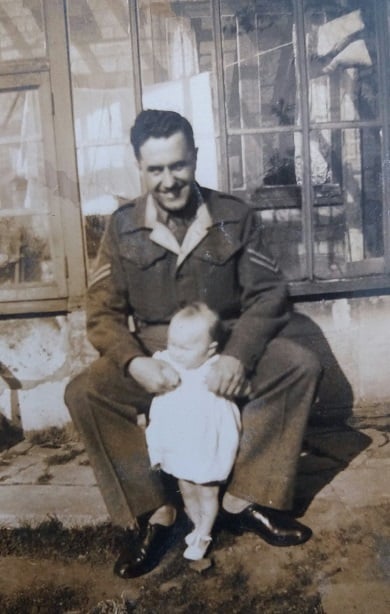
So now is our chance — just like after the Second World War. A chance to make things fairer and healthier for everybody. It’s time to build a new, better welfare state.
I just hope I’ll be around to celebrate it happening!


https://www.bmj.com/rapid-response/2011/10/31/without-winston-churchill-nhs-would-not-exist
Good piece Christine but falls short on historical accuracy
What a shame that the current tory government doesn’t have the high altruistic ideals that Churchill’s apparently had.
Lovely to read such a personal account from these times. Thank you
Brilliantly written Christine. You had poor beginnings as far as finance goes but it certainly made you into an eloquent and entertaining person. Do you, or did you, write for a living?
I was an English teacher and then became a film maker – educational films for schools and colleges mostly.
And thank you!
An excellent piece Christine. I loved looking at your family photos too. You’re very much like your pretty mum. We must learn lessons from the past and as you so rightly say, let’s use this opportunity after coming out of the Coronavirus pandemic to build a far better, fairer society which will be for the benefit of the many and not the few.
Yes, a good piece based on personal experience, so historically accurate. Quoting the BMJ to suggest the Churchill was the true progenitor of the NHS, is going a bit too far. Churchill was a great war leader and he did believe that ‘something should be done’, but how far he would have gone in forming the NHS is not clear.Henry Willink (an almost unknown war time figure), did propose a version of the NHS, which would have looked like something like what is seen in European healthcare.
The true progenitors of the NHS are Attlee, Bevin and Beveridge. Aneurin Bevan however battled the medical establishment and can be considered the true engineer of the NHS. He built and established a new structure which swept away much of the old dysfunctional health care system. What he failed to so, was resolve adult social care, but at the time under the social conditions of 1947/8,it was reasonable.
We now need to construct for adult social care and indeed all social care, a new flexible,responsive, generous and kind, structure.
I was a small child at the end of the war, but I do remember VE Day, because my aunty June got heavily bladdered at a party, which I had never seen before! June turned out later to be my cousin, but that’s another story, no men were present which was normal, except my Grand Father.
My father had landed in Normandy on D-Day plus two, by which time the Germans had woken up, and his Regimental War Diary says “Landing went better than expected, only lost 12 men!” My pregnant Mum and me had been evacuated, and when my Dad came back from the war, he put me to work walking along Bromley North Railway tracks, picking up bits of coal that had fallen off steam trains. I had no idea who he was, and we didn’t get on! Coal was strictly rationed, and the only means to heat our parlour, sometimes a Fireman on a slow moving train would flick a bit of coal out for us! my Dad also put me to work on the allotment, weeding, but it put food on the table! Rationing was worse after the war, and the house we shared with another family, had had its roof blown off by a flying bomb, so it must have been some relief when within the usual allotted time line for these things, my new brother and I were joined by a sister! This proved auspicious, because we were provided with one of the new council houses that were being rushed up, my over riding memory of that is, the smell of fresh paint!
This present unpleasantness is nasty, but so was the three day week, remember that? This was a ploy by the Tory Prime Minister, Ted Heath, to try and break the justified miners strike, in 1973/4, by closing down power stations. It meant we could only work for 3 days a week, and there were nightly power cuts, all to try and force the miners back to work, which it didn’t. Heath called a general election, which he lost! Happy days?